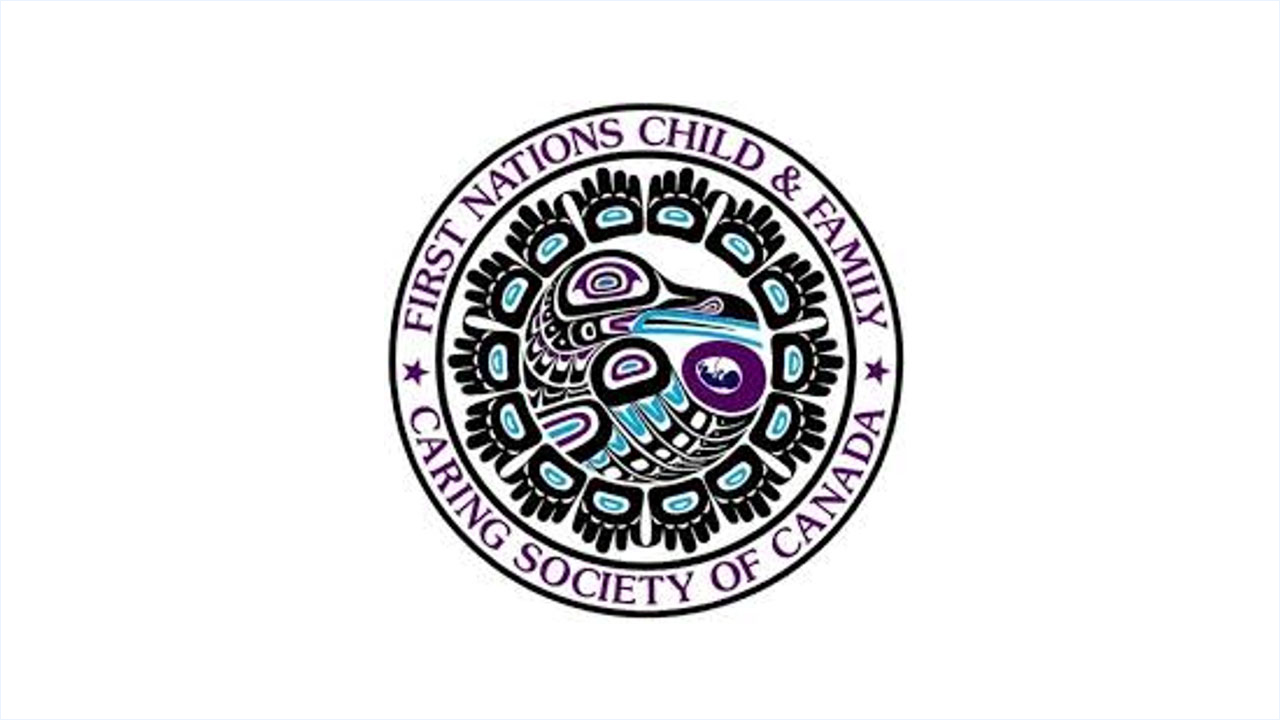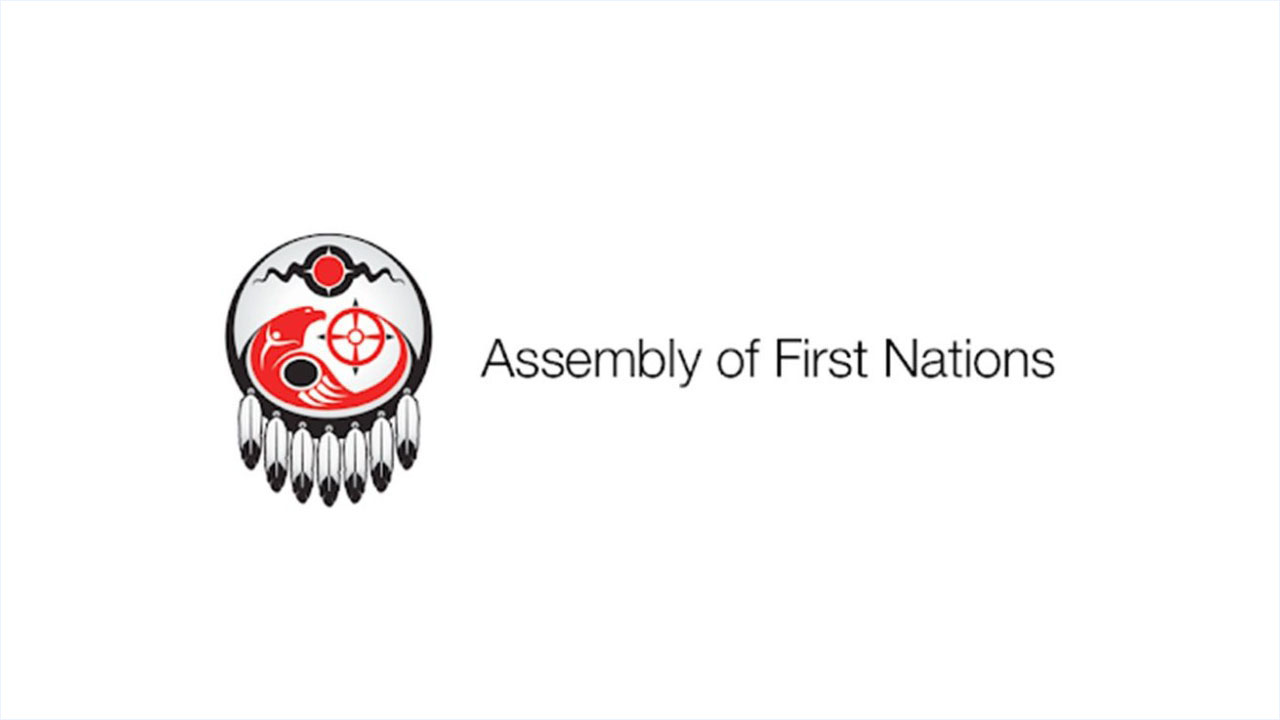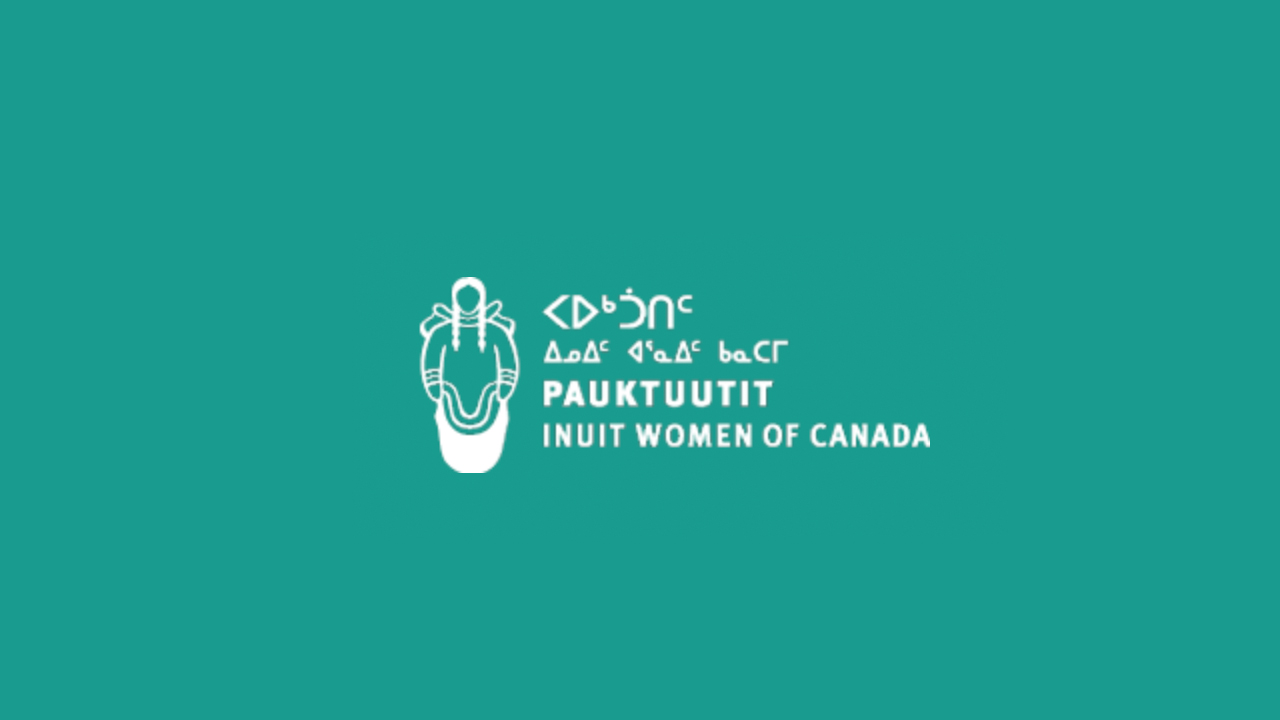Colonialism and Sexual Violence
The Sexual Assault Centre of Edmonton honours the strength and survivorship of individuals and communities who have experienced sexual violence; however, we must not forget the significant role such violence played throughout our colonial history as a tool of domination and control, and the ways in which it continues to affect Indigenous folks today.
We must acknowledge the non-consensual and violent displacement of Indigenous people across Turtle Island, through institutions and events such as residential schools, the 60s scoop, the millennium scoop, and Missing and Murdered Indigenous Women, Girls, and Two Spirit People (MMIWG2S), and how these directly connect to issues of sexual violence.
Residential schools began in the early 1800s, with the first school known as the Mohawk Institute. The last federally funded residential school, known as Kivalliq Hall in Rankin Inlet, closed in 1997. Residential schools were funded by the Canadian government, and were run by Anglican, Presbyterian, United, and Roman Catholic churches, and other Christian institutions. There were 25 residential schools in Alberta.
The 60s scoop soon followed residential schools, removing Indigenous babies and youth from homes, often sending them to non-Indigenous homes where some were faced with abuse of all sorts and complete disconnection from family and community. This same practice continues today, in what is now known as the millennium scoop. These displacements are directly implicated in the ongoing cycle of sexual violence experienced by generations of First Nations, Métis, and Inuit communities.
The issue of MMIWG2S is part of a long history of sexual violence and abuse.
In many Indigenous communities and teachings prior to colonization, women, and Two Spirit people were highly respected and protected. Today, there are over 4,000 MMIWG2S. A 2018 Statistics Canada survey found that:
These numbers are alarmingly high and cannot be ignored. We all have an obligation to know these statistics, and more importantly, to learn how to make a change in the way sexual violence is affecting Indigenous women, girls and 2SLGBTQQIA+ communities.
We acknowledge the immense efforts being undertaken by Indigenous communities to heal, as well as the resiliency and strength that these efforts require. Our ongoing relationship with the land we occupy and the Indigenous people this land belongs to is crucial to addressing sexual violence. We encourage everyone to support self-advocacy work of these communities and remain aware of our roles as individuals, agencies, businesses, and a society in being actively accountable to these lasting impacts of colonialism.
The Sexual Assault Centre of Edmonton is committed to making every effort to be considered a safe and useful tool in the healing journey of Indigenous Peoples. To do so, we must recognize and honour our collective responsibility towards reconciliation and decolonization; a process that must centre Indigenous voices and self-advocacy work.
The links found on this page will support you in learning more about the connections between colonialism, colonization and sexual violence, as well as about some Indigenous-led initiatives.
What is Reconciliation?
How education has shaped misunderstandings of Indigenous people, colonial history, and the role of education in building an understanding of the importance of reconciliation.
Peace River Rising
This short documentary provides personal insights into the connection between violence towards the land and violence experienced by Indigenous women.
Strong Girls, Strong Women: Young Indigenous Women’s Circle of Leadership
The University of Alberta Faculty of Education’s Young Indigenous Women’s Circle of Leadership is a direct response to the Truth and Reconciliation Commission of Canada calls to action.
Resilience. Mentorship. Hope. Canada. Indigenous Women Speak Up.
Thirteen strong women, Elders and youth from across Canada (representing First Nations, Inuit and Métis) share their thoughts on healing the community through mentorship, leadership and calls to action.
The Hidden Narrative – Consent in a Colonial System?!
Explores the powerful roles held by Indigenous women prior to European contact and explains how colonization deliberately set out to destroy, not just the roles, but the bodies of these women.
Resilience. Mentorship. Hope. Canada. Indigenous Women Speak Up.
Assembly of First Nations
Pauktuutit Inuit Women of Canada
The REDress Project focuses on Missing and Murdered Indigenous Women, Girls and Two Spirit people. Started as an installation art project by Jamie Black, people now hang red dresses to bring awareness to the issue. The colour red is used because some Indigenous people believe spirits can see the colour. The red dresses let spirits know they are not forgotten while on they make their journey.
The Moose Hide Campaign is a campaign mostly directed towards men and boys to raise awareness and end violence against Indigenous women and children.




